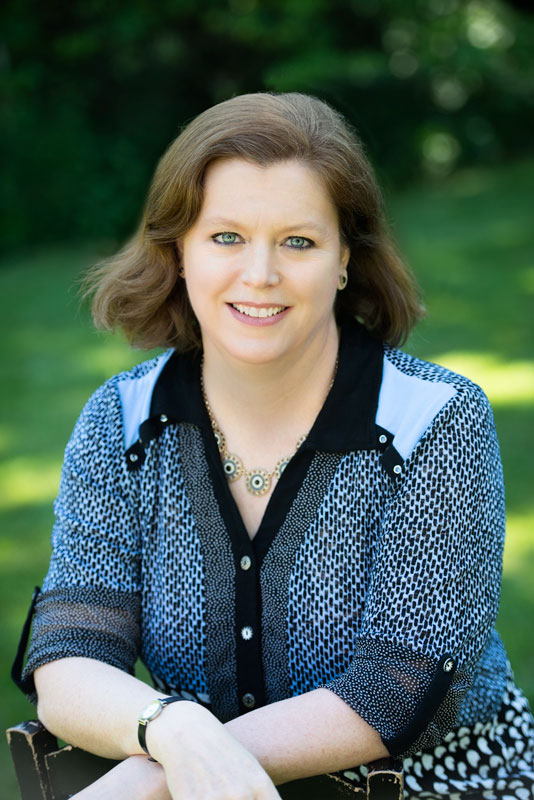About Me
My work focuses on how everyday Americans participate in public life and why it matters. I am privileged to serve on the faculty of Duke University’s Sanford School of Public Policy, where I am the Susan B. King Distinguished Professor of Public Policy and Professor of Political Science. I also serve as Director of the Duke in DC semester-in-Washington program. I am honored to be a member of the Bass Society of Fellows (recognizing excellence in research, teaching, and university citizenship) and the recipient of the Sanford School’s 2021 undergraduate teaching award.
I think, teach, and talk about guns, gender, and giving. Each of these topics illuminates a different aspect of democratic engagement – or non-engagement – in contemporary America. These topics and the larger questions they raise about the health of American democracy have fascinated me since my days as a reporter covering the intersection of civil society and public policy for The Chronicle of Philanthropy.
Gun policy, as it turns out, is a good way to understand virtually every aspect of American politics. I am the author (or co-author/co-editor) of three books – Disarmed, The Gun Debate, and Gun Studies – that explore this controversial issue. The study that became Disarmed won the American Political Science Association’s 2003 Harold D. Lasswell Award for the nation’s best dissertation in policy studies.
My current work focuses on elite philanthropy and American democracy. In articles, talks, and a forthcoming book, I examine whether the most privileged Americans and mega-foundations are stepping up to defend democratic norms and institutions and promote just and inclusive governance. This work embraces, yet also challenges, conventional critiques of big philanthropy.
Another area of focus is the role that women play in American policymaking. My book The Paradox of Gender Equality and accompanying articles chronicle how American women have worked collectively to advance legislative agendas and policy reforms over the past century. The research also raised questions about whether women’s organizations still had the capacity to represent women’s priorities along the full spectrum of issues. In the 2020 edition, coinciding with the suffrage centennial, I reflect on how women are at the forefront of a democratic resurgence in the U.S.
I am part of a growing movement of academics who believe that policy-oriented research can and must play a bigger role in informing the policy process at all stages. I am a member of the Scholars Strategy Network, a national organization of publicly engaged academics. I frequently speak to the media and public audiences to help bridge the gap between the “ivory tower” and the real world of practice. In this essay, I reflect on our progress and ask whether we scholars are having an impact. And as a private citizen, I was proud to launch a program that has provided voter registration to all eligible students in our county’s public high schools.
My work has been published in academic journals, including Perspectives on Politics, PS: Political Science and Politics, Policy Studies Journal, Interest Groups & Advocacy, Law & Contemporary Problems, Politics & Gender, Emory Law Journal, and Nonprofit and Voluntary Sector Quarterly. I wrote the first edition of Better Together, the report of the Saguaro Seminar: Civic Engagement in America. Before Duke, I taught at Georgetown and was a consultant at the Corporation for National and Community Service.
I hold a PhD in political science from Harvard University, a Master of Public Policy from Duke University, and an AB from Harvard College.
A native Coloradan, I spent most of my youth in skating rinks. I cheer for the Denver Broncos and the Washington Capitals. I travel as often as I can. And I love all creatures great and small.


